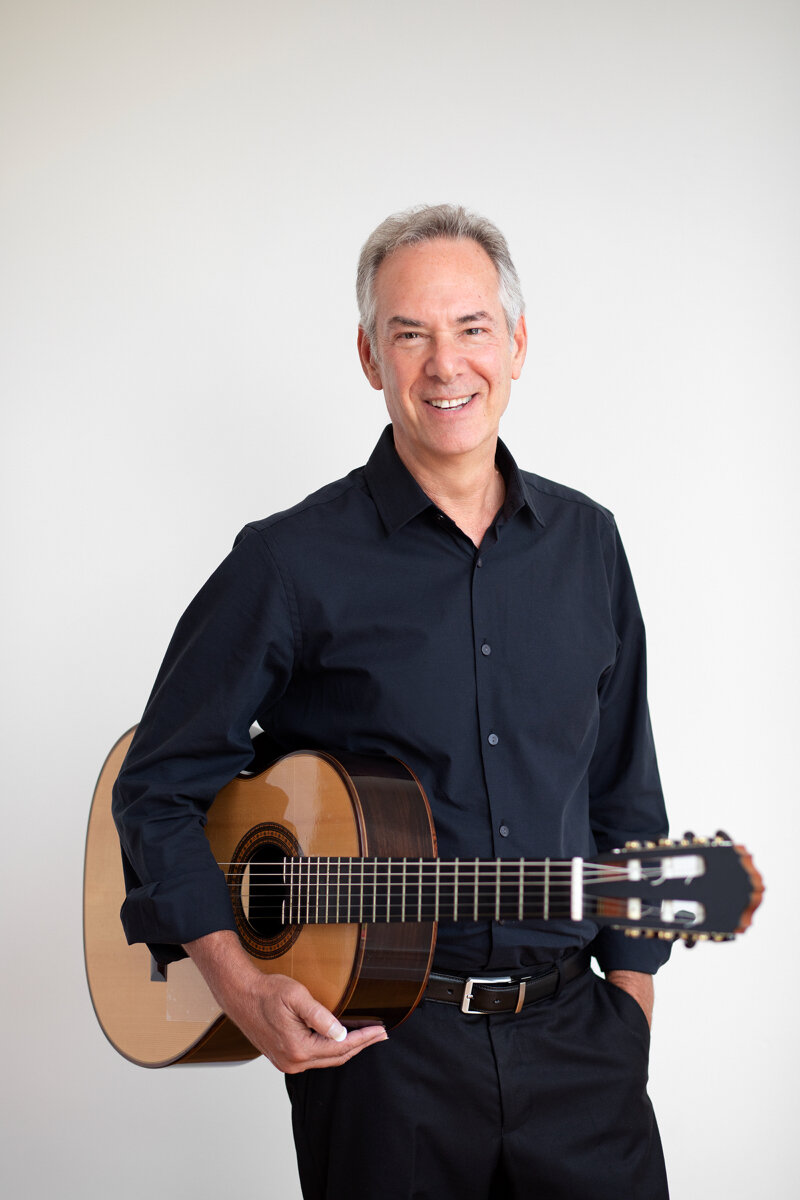Curiosity: Can It Help Us To Be Better Musicians?
As I interact with students, it is obvious some of them possess a curiosity that others lack. It is easy to see this as a simple manifestation of a general personality trait: some people are more engaged with and interested in the world around them, and others are less so. But what is the cumulative impact of curiosity on our development as musicians?
If Musician A is curious and Musician B isn't, how might their lives differ?
Musician A goes to concerts all the time. He(/she) goes to concerts unrelated to his primary discipline. He goes to concerts given by performers who aren't in his immediate circle of friends. He watches soloists, chamber music, orchestral concerts, opera. He goes to jazz concerts, pop concerts, folk music and non-western music concerts. He goes to performances both of new music and of early music. He watches other students play, attends faculty recitals and guest artist concerts. He goes out of town to see special concerts and events. Musician B doesn't, unless it is required.
Musician A is more apt to engage others. When I host guest artists, Musician A stays and chats after the concert, comes out to the pub afterwards and participates in the conversation. Musician B doesn't. Musician A responds to adverts for "musicians needed" and so ends up playing, extra-curricularly, in theatre productions, opera performances, experimental multi-media events, and so on. He meets a wide range of interesting new people in doing so, opening up new opportunities and broadening his base of friends and acquaintances. Musician B doesn't, and so remains more isolated.
Musician A, when confronted by unfamiliar terminology in his score looks it up (now) and makes a note of the meaning. So in Musician A's interpretations, a fuller sense of the composer's intentions will be present early on. Not so much, in the interpretations of Musician B.
Musician A wants to hear others play the pieces he plays. Not just one other artist, perhaps a favorite, but everyone he can find, both familiar and unfamiliar. He understands that the greater the range of models consulted, the deeper the understanding of the music. Musician B doesn't feel that need or impulse.
Musician A seeks deeper understanding of the music in general, searching for other music by the same composer, other pieces of the same period or from the same country. Musician A might read about the composer, the circumstances surrounding the piece's composition and premiere. Musician B is unlikely to do that unless it is assigned. So Musician B's playing will be generally less well informed.
Curiosity affects so many areas of our lives, it is hard to separate it from other personal traits. We can't be expected to change who we are. But I always encourage students to try and cultivate curiosity. Doing so can have a salutary effect on one's musicianship... and on one's life.
If Musician A is curious and Musician B isn't, how might their lives differ?
Musician A goes to concerts all the time. He(/she) goes to concerts unrelated to his primary discipline. He goes to concerts given by performers who aren't in his immediate circle of friends. He watches soloists, chamber music, orchestral concerts, opera. He goes to jazz concerts, pop concerts, folk music and non-western music concerts. He goes to performances both of new music and of early music. He watches other students play, attends faculty recitals and guest artist concerts. He goes out of town to see special concerts and events. Musician B doesn't, unless it is required.
Musician A is more apt to engage others. When I host guest artists, Musician A stays and chats after the concert, comes out to the pub afterwards and participates in the conversation. Musician B doesn't. Musician A responds to adverts for "musicians needed" and so ends up playing, extra-curricularly, in theatre productions, opera performances, experimental multi-media events, and so on. He meets a wide range of interesting new people in doing so, opening up new opportunities and broadening his base of friends and acquaintances. Musician B doesn't, and so remains more isolated.
Musician A, when confronted by unfamiliar terminology in his score looks it up (now) and makes a note of the meaning. So in Musician A's interpretations, a fuller sense of the composer's intentions will be present early on. Not so much, in the interpretations of Musician B.
Musician A wants to hear others play the pieces he plays. Not just one other artist, perhaps a favorite, but everyone he can find, both familiar and unfamiliar. He understands that the greater the range of models consulted, the deeper the understanding of the music. Musician B doesn't feel that need or impulse.
Musician A seeks deeper understanding of the music in general, searching for other music by the same composer, other pieces of the same period or from the same country. Musician A might read about the composer, the circumstances surrounding the piece's composition and premiere. Musician B is unlikely to do that unless it is assigned. So Musician B's playing will be generally less well informed.
Curiosity affects so many areas of our lives, it is hard to separate it from other personal traits. We can't be expected to change who we are. But I always encourage students to try and cultivate curiosity. Doing so can have a salutary effect on one's musicianship... and on one's life.




